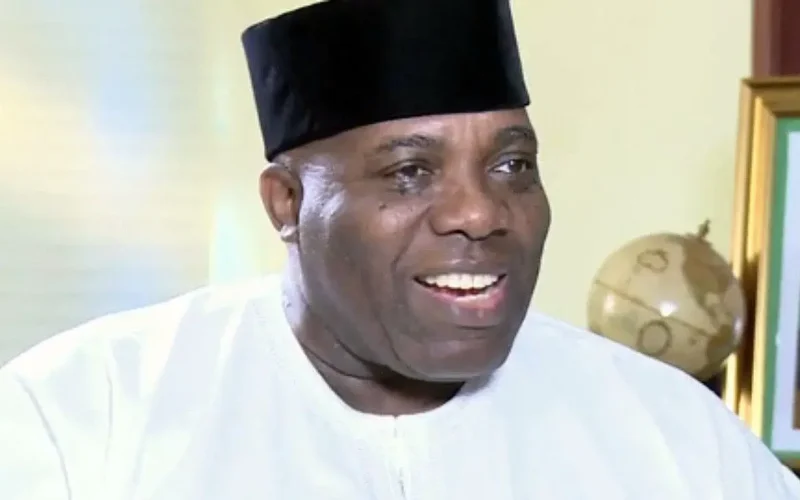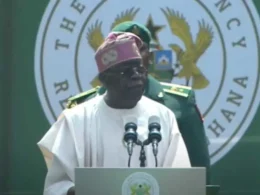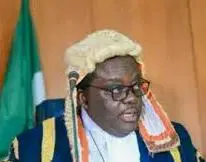Trendinggist — Doyin Okupe, former Director-General of the Obi/Datti Campaign Organization, has weighed in on the recent controversy surrounding the Nigeria Labour Congress (NLC) and its president, Joe Ajaero. Okupe’s comments, made on Friday, come in response to the terrorism charge filed against Ajaero by the Nigerian Police.
Okupe expressed his views on the tension between the NLC leadership and the police, particularly concerning Ajaero’s invitation by law enforcement. The NLC had threatened a nationwide strike as a response to the police’s actions, which Okupe criticized as an unwarranted reaction. He argued that no individual or organization should be considered above the law, regardless of their status or influence.
“It is good that the Ajaero and NLC leadership face-off with the police has ended uneventfully. However, we must be cautious of setting a precedent that implies certain individuals or groups are beyond legal scrutiny,” Okupe stated. He emphasized that the threat of a strike over a police invitation was an excessive response and potentially undermines the rule of law.
Okupe defended the police’s authority to invite and question individuals, including those in prominent positions. He acknowledged the police’s role in upholding the law but advised them to be mindful of their approach. “The police have every right to invite any high-profile person if necessary. However, it is crucial that they avoid creating an impression of oppressive force,” Okupe said.
He suggested that the police should adopt a professional and friendly demeanor in their operations, especially when dealing with high-profile individuals. Okupe’s remarks underscore the importance of balancing law enforcement duties with the need to maintain public trust and avoid perceptions of overreach.
Okupe’s comments reflect broader concerns about governance and legal processes in Nigeria. His critique of both the NLC’s response and the police’s handling of high-profile cases highlights ongoing debates about the balance between authority and civil liberties in the country.
As the situation develops, the dialogue between labor organizations and law enforcement continues to evolve, raising questions about the appropriate responses to legal challenges and the enforcement of laws in Nigeria.









